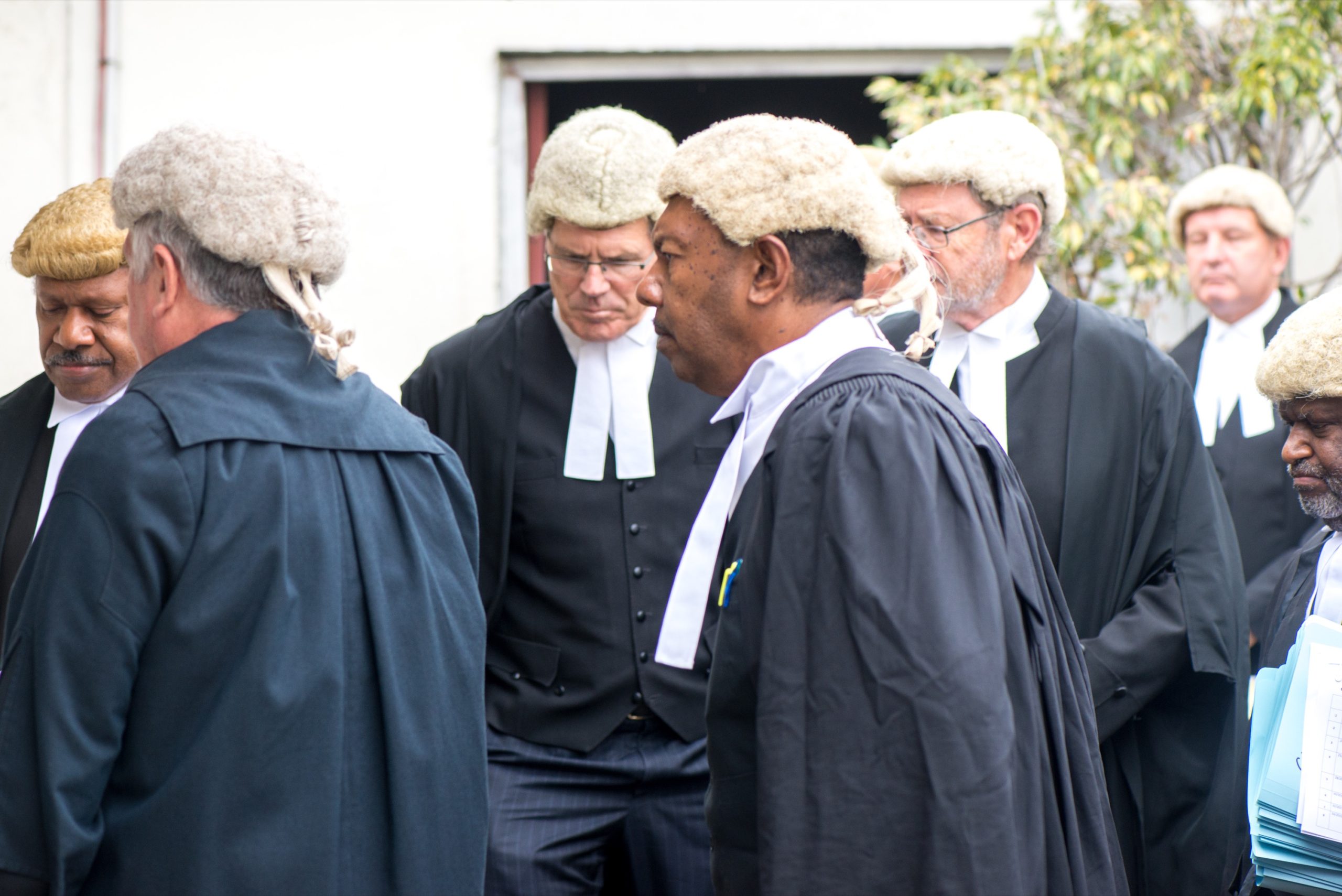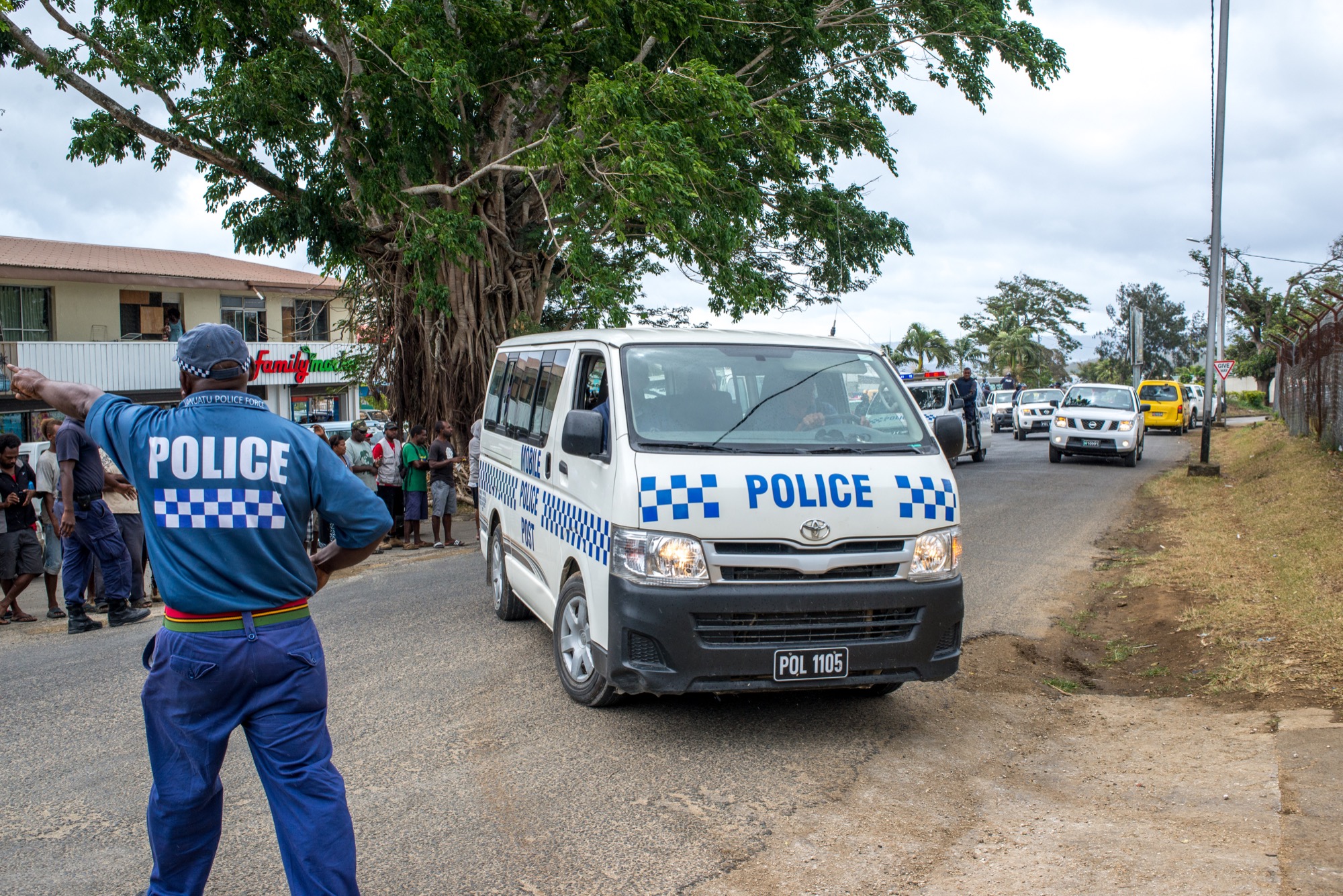Once again PacLII has proved itself an invaluable public legal resource by making all Appeal Court judgments available online within 24 hours of their being handed down.
The decision that has fixated everyone’s attention is Criminal Appeal Case 12 of 2015, titled Kalosil v Public Prosecutor. The judgment brings together six different appeals by the imprisoned MPs in this year’s bribery case.
The appeals on all sentences and convictions were dismissed.
The decision was written by a panel of four judges, led by Chief Justice Vincent Lunabek. It first considered the core facts of the case—that shortly before 21 October, a Hong Kong resident named Fong Man Kelvin sent half a million US dollars to the Pacific International Trust Company, or Pitco, as it’s known locally.
Shortly afterward, the equivalent of US$ 350,000 was transferred to Moana Carcasses, who was then leader of the Opposition. Much of that money was subsequently distributed in Vt1 million chunks to numerous MPs.
Before another month had passed, a motion of No Confidence was tabled in Parliament, featuring the signatures of all the appellants. Read more “Sey ‘Was Fully Justified’”



